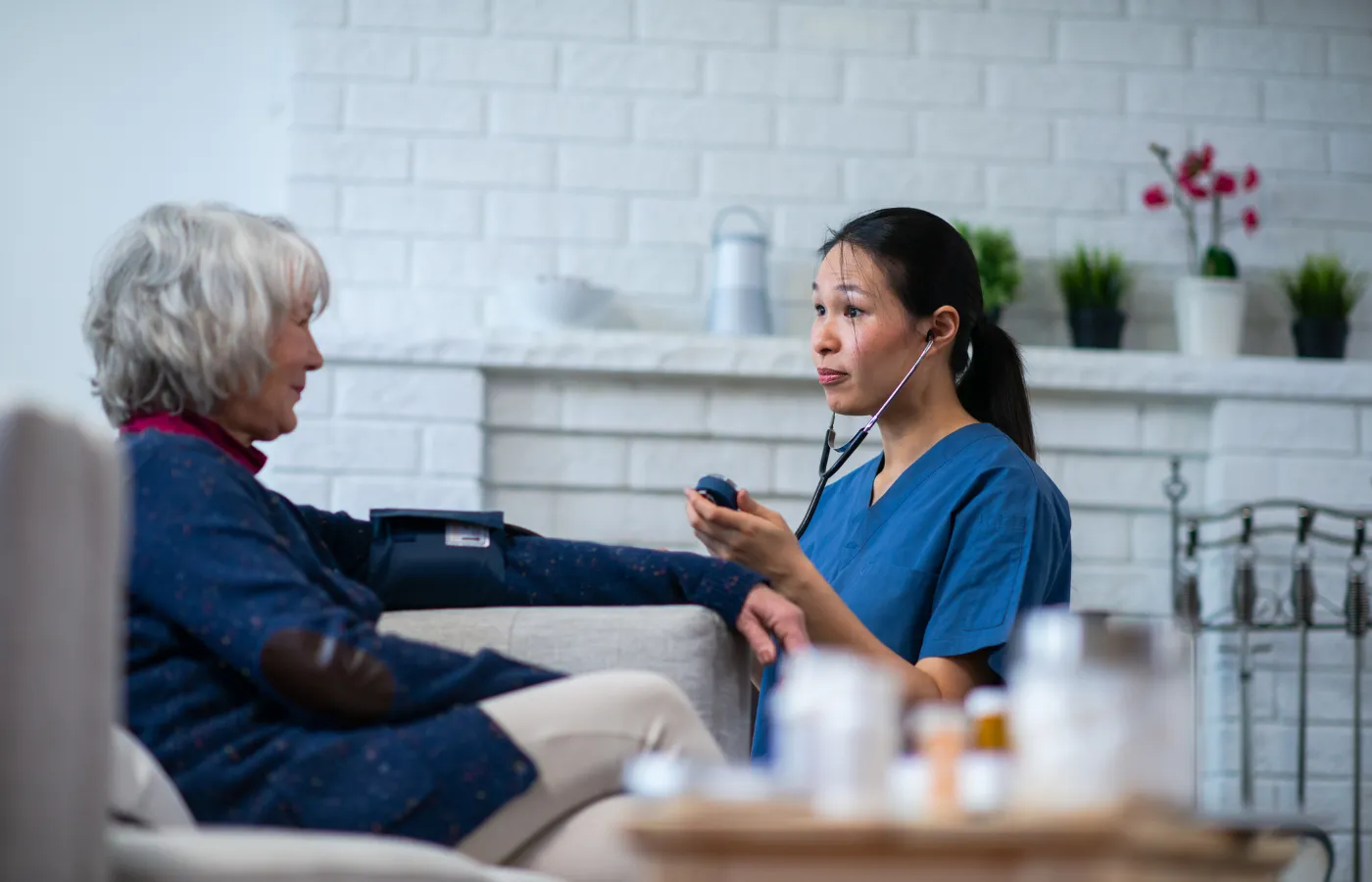As our population ages and more individuals require assistance with daily living activities, the role of a Personal Care Aide (PCA) and PCA duties has become increasingly vital. PCAs are trained professionals who provide essential support to elderly individuals and those with disabilities, helping them maintain their independence and quality of life. In this article, we will explore the comprehensive duties and responsibilities of a PCA, shedding light on the crucial role they play in the care and well-being of their clients.
What are the duties of a PCA?
One of the primary responsibilities of a PCA is to assist clients with personal care tasks. This includes:
Bathing and Grooming: Many clients require help with bathing, shaving, and grooming, and PCAs ensure that their clients maintain personal hygiene, which is vital for both physical and emotional well-being.
Dressing: PCAs assist clients in choosing appropriate clothing and help them get dressed, promoting their dignity and self-esteem.
Toileting: Assistance with toileting is often a sensitive task that PCAs handle with professionalism and discretion, ensuring clients feel comfortable and respected.
Mobility Support: PCAs play a critical role in helping clients move around their homes and communities. This includes:
Transferring: Helping clients transfer from bed to a wheelchair or from a chair to standing is crucial for those with mobility challenges.
Walking Assistance: For clients who can walk but may need support, PCAs provide guidance and assistance to prevent falls and injuries.
Transportation: Some PCAs assist clients in getting to medical appointments or social activities, ensuring they remain active and engaged in their communities.
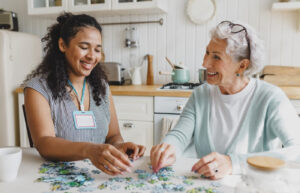
Meal Preparation and Nutritional Support: PCA Duties
A PCA’s responsibilities often extend to meal preparation, as many clients require assistance with cooking nutritious meals. This includes:
Meal Planning: PCAs may work with clients or family members to plan meals that meet dietary restrictions and preferences.
Cooking and Serving: Preparing meals and ensuring clients eat properly is crucial, especially for those with specific dietary needs.
Feeding Assistance: For clients who have difficulty feeding themselves, PCAs provide the necessary support while promoting independence whenever possible.
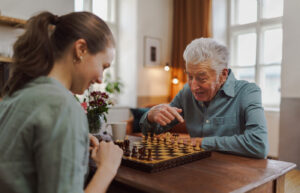
Medication Management: PCA Duties
Managing medications is a critical aspect of many PCA roles. Responsibilities include:
Medication Reminders: PCAs remind clients when to take their medications, helping to prevent missed doses.
Monitoring Side Effects: They observe clients for any adverse reactions to medications and report these to healthcare professionals as needed.
Organization: Some PCAs assist in organizing medication schedules and pillboxes, ensuring clients have easy access to their prescribed medications.
Companionship and Emotional Support: PCA Duties
Beyond physical assistance, PCAs provide essential emotional and social support to their clients. This includes:
Companionship: Spending quality time with clients can combat feelings of loneliness and isolation, contributing to their overall mental health.
Listening and Communication: PCAs serve as a sounding board for clients, offering support and encouragement while fostering a sense of trust.
Encouraging Engagement: They may help clients engage in hobbies, social activities, and community events, promoting an active lifestyle.
Light Housekeeping Duties: While PCAs are not housekeepers, they often perform light housekeeping duties to maintain a clean and safe environment for their clients. Responsibilities may include:
Cleaning: Performing basic cleaning tasks such as dusting, vacuuming, and tidying up, ensures that the living space is safe and comfortable.
Laundry: Assisting with laundry tasks, including washing, drying, folding, and putting away clothes, helps maintain the client’s personal space.
Organizing: PCAs may help organize personal belongings, making it easier for clients to find what they need.
Communication with Healthcare Professionals
PCAs act as a bridge between clients and healthcare providers, facilitating effective communication. This includes:
Reporting Changes: They observe and report any changes in the client’s physical or mental health to family members or healthcare professionals.
Attending Appointments: Some PCAs accompany clients to medical appointments, ensuring they understand instructions and recommendations from doctors.
Documentation: Keeping accurate records of daily activities, medication administration, and observations is crucial for continuity of care.
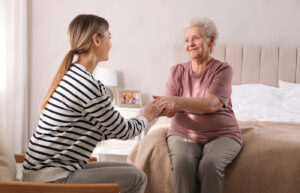
Promoting Independence: PCA Duties
One of the overarching responsibilities of a PCA is to promote independence and dignity in their clients. This includes:
Encouraging Self-Care: PCAs support clients in performing as many tasks as possible independently, fostering a sense of accomplishment.
Respecting Preferences: Recognizing and respecting clients’ preferences and choices in daily activities reinforces their autonomy.
Creating a Safe Environment: Ensuring that the home environment is safe and accessible reduces the risk of accidents, allowing clients to navigate their space more freely.
Training and Continuing Education: To effectively fulfil their roles, PCAs often engage in ongoing training and education. This includes:
Initial Training: Completing a training program that covers essential skills such as first aid, CPR, and understanding client needs.
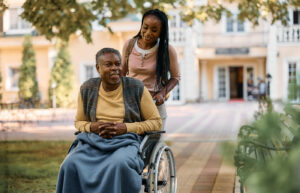
The role of a Personal Care Aide is multifaceted, encompassing a wide range of duties and responsibilities that significantly impact the lives of clients. From providing personal care and mobility support to offering companionship and communication with healthcare professionals, PCAs are essential in promoting independence and improving the quality of life for those they serve.
As the demand for personalized care continues to grow, understanding the vital contributions of PCAs will help ensure that these professionals are recognized and valued in their critical roles. Their commitment to fostering dignity, independence, and well-being for their clients is what truly defines the essence of personal care assistance.
Kizuna is committed to making the process smooth, simple, and secure for both caregivers and families.
As a marketplace, Kizuna connects families with trusted caregivers for their loved ones. Every caregiver undergoes background checks and vetting, offering multiple options based on location, cost, and personal preferences, ensuring families can easily find the right match for their loved ones.
Kizuna also empowers caregivers by providing support in terms of work ownership, pay scale, assistance with administrative tasks, and more. By simplifying these processes, Kizuna allows caregivers to focus on delivering their best care.
If you’re looking for trusted care for your loved ones, Kizuna is the place to be. Kizuna is dedicated to improving the quality of care in our local community. For those in Marin or Sonoma County, more caregiving resources can be found on this local guide and these helpful links.
FAQs:
How do I know if a PCA is the right fit for my family?
Choosing the right assistance involves reviewing their qualifications, experience, and compatibility with your loved one. It’s also helpful to read reviews, ask for references, and conduct interviews to ensure the caregiver aligns with your family’s needs and expectations.
You can also be a part of dedicated platforms like Kizuna, which is a marketplace to find all available caregivers with their information, details, reviews, background, etc.
How can I find PCAs for elder care near me?
Do niche organic searches like dedicated caregivers in San Francisco, the North Bay Area, and even in Marin County, Sonoma County, and other such specific locations to provide personalized care.
Or use a dedicated platform that filters searches by location to make the process easier, more convenient, and error-free.
How do I know if I need a PCA?
You may need a PCA if you or someone you know requires assistance at home with activities of daily living, such as:
- Dressing, feeding, personal hygiene, control activities like balancing or sitting, ambulation’s or movement exercises
- Light house cleaning
- Planning and cooking food
- Shopping for essential and non-essential items
- Transport to and from doctor’s and other appointments.
How can I find a PCA in the North Bay Area?
You can find caregivers in the North Bay Area by using online platforms that specialize in caregiving services. Look for local directories, community resources, or dedicated marketplaces like Kizuna, where you can filter searches by location and find caregivers with relevant experience and qualifications.
Are PCAs in Marin County and Sonoma County trained and certified?
Yes, many caregivers in Marin County are trained and certified in personal care and elder support. It’s important to verify their credentials and experience to ensure they can provide the level of care your loved one needs.
Can I get a PCA for short-term care in Marin County and Sonoma County?
Yes, many caregivers in Sonoma County offer flexible arrangements, including short-term care. Whether you need temporary assistance or a caregiver for a few hours a week, you can find options that suit your needs through local services or platforms like Kizuna.

